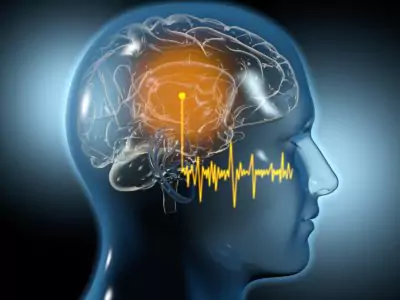- Home
- About Us
- HearingUp Provider Network
- Meet Our Team
- Events
- Patient Forms
- Financing Information
- FAQs
- Hearing FAQs
- Services
- Hearing Evaluations And Testing
- Hearing Aid Fittings
- Hearing Aid Repair
- Custom Ear Molds And Ear Plugs
- Real Ear Measurement
- Tinnitus Evaluation
- Remote Care & Tele-Health
- Aural Rehabilitation
- Hearing Aids
- Types Of Hearing Aids
- Smart Hearing Aids
- Hearing Aids We Carry
- Over-The-Counter Hearing Aids
- Caring For Your Hearing Aids
- Hearing Loss And Brain Health
- Troubleshooting
- Jabra Hearing Device
- Hearing Health
- What To Expect At Your First Visit
- Types Of Hearing Loss
- How The Ear Works
- Aftercare
- Hearing Aids And Lifestyle
- Online Hearing Screening
- Blog
- Review Us
- Contact Us
- Book an Appointment
- Shop
About Us
Services
Hearing Aids
Hearing Health
We are OPEN for office visits and accepting new patients.
